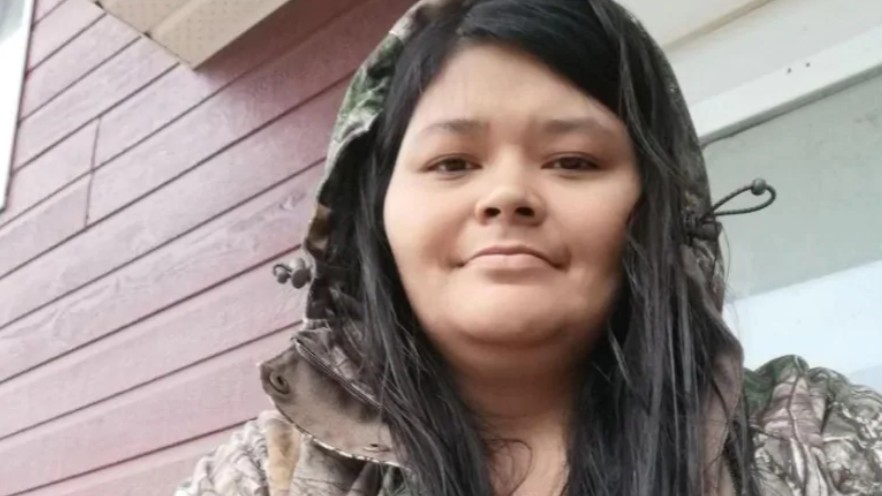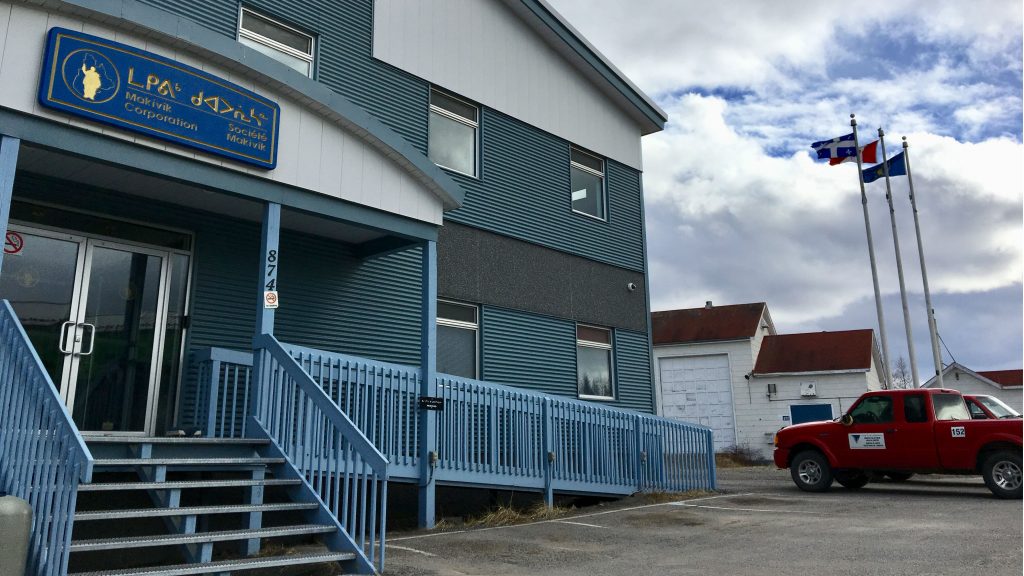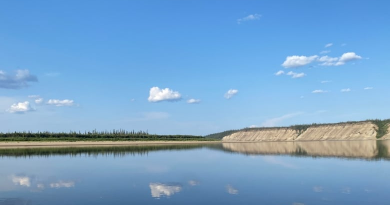Inuit org expresses solidarity with First Nations after Indigenous woman taunted before death in Quebec hospital

Makivik Corporation, the Inuit land claims organization in Arctic Quebec, says it condemns the treatment of Joyce Echaquan, 37, an Atikamekw woman who was taunted by health staff before dying in a Quebec hospital on Monday.
Makivik says Echaquan’s treatment echoes the experiences many Inuit have also faced in the province’s health care system and that it points to “…widespread racial hatred that persists in parts of Quebec and Canada.”
The treatment of Joyce Echaquan by health staff at the Centre hospitalier de Lanaudière, the hospital in the Quebec city of Joliette, approximately 75 kilometres north of Montreal, has made headlines across Canada and around the world.
Echaquan, a mother of seven, had gone to the hospital with stomach pains and started recording herself. In the Facebook video, she is shown in increasing distress while hospital staff taunt and insult her saying things like she is “stupid” and “only good for sex.”
One nurse and one orderly have been fired since Monday and a coroner’s inquest, as well as investigations by the regional health authority, will be launched.
“The poison that is still killing Indigenous citizens”
Charlie Watt, the president of the Makivik, says the challenges faced by Indigenous people in the provincial health care system have been well documented, most recently in the 2019 Viens report.
Quebec’s Viens commission was set up in 2016 to examine the relationship between Indigenous people and Quebec’s public services. In the health section of the final report, the commission stated that “… it is clear that prejudice toward Indigenous peoples remains widespread in the interaction between caregivers and patients.”
The report issued 142 calls to action, but since its release in September 2019, none of them have been implemented.

Watt says the situation is not acceptable.
“Inuit are sometimes afraid to go to a hospital for treatment fearing harassment by heath care providers,” Watt said in a news release on Friday. “The gap between Aboriginal people and non-Inuit is growing, and we have to stop it before it goes completely out of control.
“We need to get to the core of systemic racism and the colonialist rule that has dominated Canada for hundreds of years. Our governments are not dealing with the poison that is still killing Indigenous citizens.”
Makivik Corporation represents the approximately 13,000 Inuit land claim beneficiaries in Nunavik, the Inuit region of Arctic Quebec.
Write to Eilís Quinn at eilis.quinn(at)cbc.ca
Related stories from around the North:
Canada: Violence by Canadian federal police against Inuit: few are stopping systemic racism, Indigenous leaders say, CBC News
Finland: Finnish gov agrees to formation of Sámi Truth and Reconciliation Commission, Yle News
Sweden: Sami in Sweden start work on structure of Truth and Reconciliation Commission, Eye on the Arctic
United States: Alaska reckons with missing data on murdered Indigenous women, Alaska Public Media



